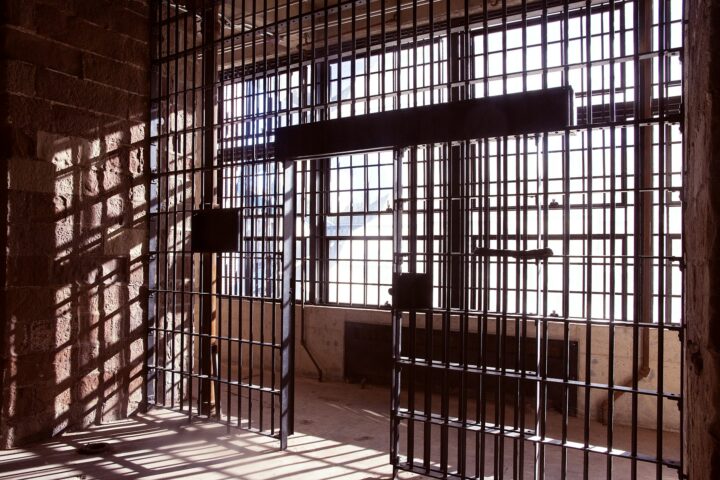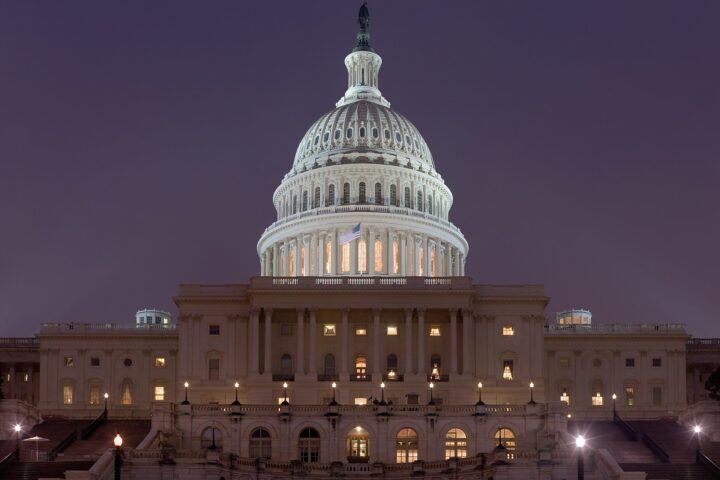In a revealing new book, veteran journalist Steve Oney reportedly sheds light on the early years of National Public Radio (NPR), painting a vivid picture of a newsroom teeming with countercultural exuberance—and, surprisingly, illicit drug use.
Oney’s book, On Air: The Triumph and Tumult of NPR, chronicles the organization’s formative years, characterized by a blend of idealism and hedonism.
During an appearance on Mediaite’s Press Club, Oney recounted the vibrant and chaotic atmosphere that defined NPR in the late 1970s and early 1980s.
He described the staff as “radio revolutionaries,” operating within a culture of openness and experimentation.
However, Oney dropped a bombshell: “There was a cocaine dealer at NPR,” he revealed, recounting how this staff member would respond to pages over the intercom to deliver cocaine directly to colleagues in their cubicles.
This startling admission offers a glimpse into a time when NPR was not merely a news organization but a hub of youthful fervor, where the boundaries between professional and personal lives often blurred.
Oney noted that staff members were predominantly young and single, frequently engaging in romantic relationships with one another amid their creative pursuits.
“It was the counterculture,” he remarked, highlighting how cocaine was often used recreationally or even to fuel all-night editing sessions.
The book arrives at a turbulent moment for NPR, as the organization faces renewed scrutiny under the Trump administration, which has intensified its criticism of public broadcasting.
In April, the White House proposed significant cuts to federal funding for NPR’s member stations, accusing the network of harboring a liberal bias. This prompted NPR to file a lawsuit aimed at blocking the funding reductions.
Oney addressed these accusations, asserting that while NPR may exhibit a certain “know-it-all quality,” it was not founded as a liberal think tank.
Rather, he emphasized that NPR’s origins were rooted in a collective of college stations, driven by a desire to provide quality content. “In the end, this is going to be settled not so much by government, but by reinforcing the idea that NPR provides a quality product,” he said.
As NPR navigates these challenges, Oney’s book serves as a reminder of the organization’s storied past—a time when the intersection of creativity and chaos defined its mission.
The revelations about drug use within the newsroom may shock some, but they also reflect a broader cultural moment, one that shaped the identity of public radio as it sought to carve out a space in the media landscape.
As NPR continues to adapt to the changing political climate, Oney’s account invites reflection on the balance between idealism and accountability, creativity and professionalism, in the ever-evolving world of public broadcasting.
[READ MORE: Egg Prices Collapse Under Trump, Exposing Media Misfire]








